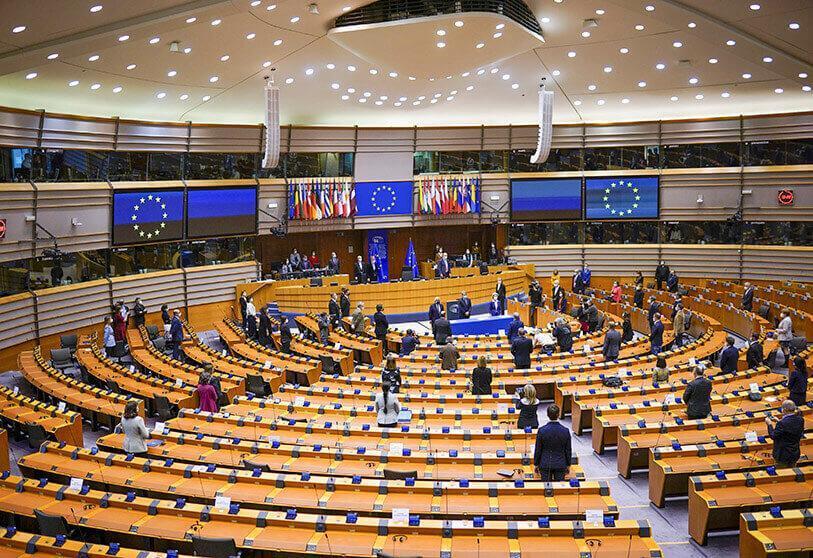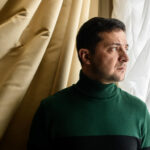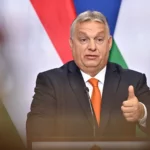The corruption scandal in the European Parliament has highlighted the influence of certain countries or organizations within the European institution. Among the foreign actors seeking to interfere in the European Parliament to expand their interests are Algeria and the Polisario Front. Through the “Intergroup for Western Sahara”, Algeria and the Sahrawi separatist group seek to impose their vision of the conflict, without the possibility of presenting other opinions or perspectives. This group “only invites people who obey the Polisario agenda, including Sultana Khaya, who often calls for terrorist acts against civilians in the Sahara”, notes former Spanish deputy Juan Vicente Pérez Aras on the site moncloa.com.
Although presenting itself as a group dealing with the situation of Sahrawis, the Intergroup for Western Sahara has never raised the human rights violations in the Tindouf refugee camps in southern Algeria. Pérez Aras recalls that the Geneva Convention is not applied in the camps, since there is no census or register.
Misappropriation of Humanitarian Aid
The group also did not mention the misappropriation of humanitarian aid intended for refugees, denounced in 2015 by OLAF, the European Commission’s anti-fraud agency. The agency directly accused the Polisario of being directly involved in the diversion and theft of the humanitarian aid provided since 2003. According to OLAF, the aid packages were sold in Algeria, Mauritania and Mali.
The humanitarian situation in the Tindouf camps is critical. And, in this regard, the most worrying are the children, who could be used militarily by the Polisario, according to various reports.
None of these issues have ever been raised by the group, showing that its sole purpose is to spread propaganda within the EP. The Western Sahara Intergroup also aims to undermine relations between the EU and Morocco, a key partner for the countries of the Old Continent.
The European Parliament’s latest resolution on Morocco has strained relations between Brussels and Rabat, to such an extent that the Moroccan parliament has announced that it will “reconsider” its ties with its European counterpart. While Moroccan politicians like Lahcen Haddad, chairman of the Morocco-EU Joint Parliamentary Commission, have notably pointed the finger at “part of the French deep state” as the architect of the resolution, other reports point the finger at MEPs close to Algeria and the Intergroup for Western Sahara, described by Moroccan media as Barlamane as “an Algerian Trojan horse that takes advantage of European mechanisms and its capacity for influence to defend views hostile to Morocco” .
“We must not forget that the Algerian authorities have invested a lot of money in lobbying,” political scientist Driss Aissaoui told Moroccan media Hespress shortly after the resolution. Aissaoui also pointed out that “people close” to French President Emmanuel Macron “are people who work closely with Algeria”.
In the wake of the controversial resolution, many have wondered why the European Parliament is not addressing the human rights situation in other Maghreb countries such as Algeria, where independent journalists and activists close to Hirak are under strong pressure from the authorities in the context of a growing wave of repression.
However, since the start of the war in Ukraine, many European countries such as Italy and France see Algeria as a new energy partner in order to no longer depend on Russian gas. Rome has reached an agreement with Algiers in this area, while Paris is trying to improve its relations with the North African country after years of disagreements linked to its colonial past. However, the case of the Franco-Algerian activist and journalist Amira Bouraoui has darkened these links. Despite the fact that Algiers withdrew its ambassador to Paris after Bouraoui’s arrival in France, the French Foreign Ministry assures that “they intend to continue working to deepen bilateral relations”.
This article is originally published on atalayar.com









